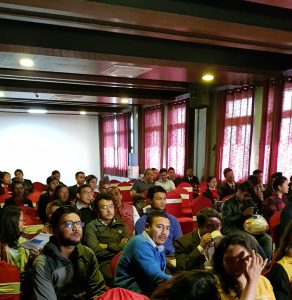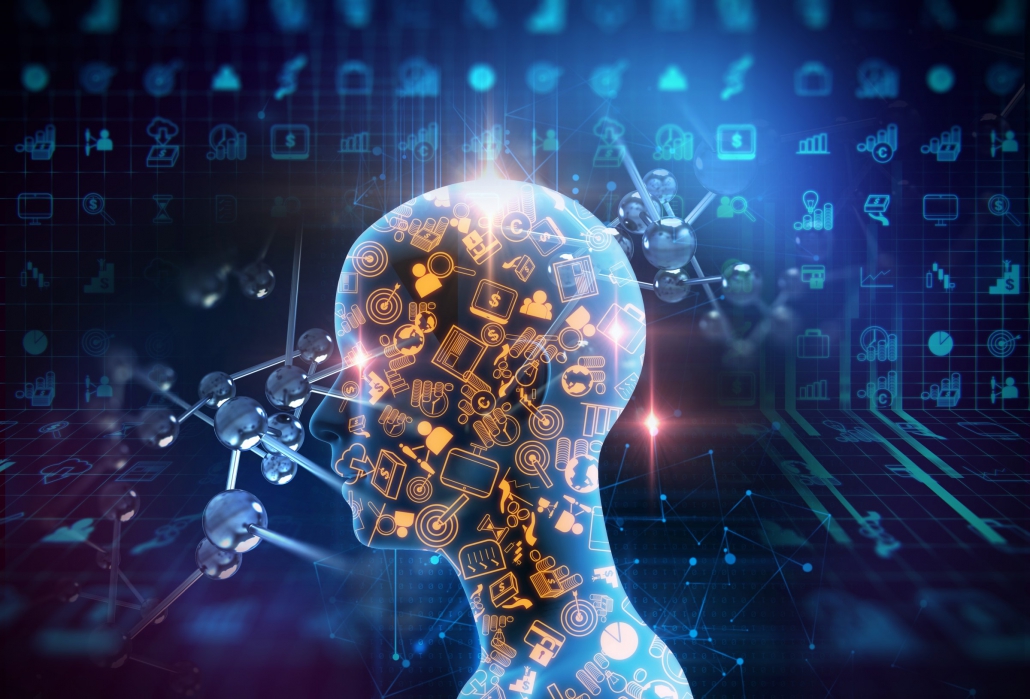We have roughly 200 souverain states on earth, depends on who is accepting which country. The 10 wealthiest countries together represent more than half of all export/capita value from around the world. The 25 poorest countries do not export anything at all. It appears that the ability to export indicates the level of prosperity. The higher the export volume per capita the higher the prosperity in the respective country. For that reason we took “Export volume / Capita” as the single most important “Key Performance Indicator” or KPI for a countries prosperity. However: WE DO NOT suggest that we “help” countries to grow their export in order to create economic growth and prosperity. But we DO help those who have made a conscious decision to grow and develop their nation’s economy.
We chose the term “self propelled economy” for an ‘economy development method’ using innovation and entrepreneurship as a way to ignite prosperity. Rather than helping a nation to create jobs by launching foreign tech companies, train and hire the best people, we inspire their entrepreneurs to build innovative solutions themselves.
Example 1 External Scenario (push economy)
Assuming a country with 35 Million people and primary products being split between agricultural, tourism and textile production. Assuming further, that a tech company from any developed country comes in and offers to train 2000 people to become software engineers and computer scientists to later on hire them and maybe others, creating a total of 20,000 jobs in the next 3 to 5 years. The hope would be that possibly another 10 companies would come and do something similar, ending up with about 200,000 people working in high tech jobs, paying a nice chunk of taxes and a first step in prosperity could be seen. It also would mean that roughly 2% of the work force is covered and unemployment rate goes down. Moreover, that soon upper 2% of the population would consume more and keep other people busy as well. It is a great start – no question.
Example 2 Internal Scenario (self propelled economy)
Assuming the same country with 35 Million people and primary products being split between agricultural, tourism and textile production. Now assuming further, that the country decides to stimulate an innovation development program and trains 2000 people to become software engineers and computer scientists and another 2,000 people with rather conventional business education to form 2,000 startups. During the first 5 years they would hire possibly 50 people each, or 100,000 in total – this is only half of the previous scenario, still making some nice money and reducing unemployment rate at least by 1%. However those businesses would sooner or later start to export their products to other countries. Each product exported brings additional money into the country. And in the following 5 years the growth rate of those companies will most likely surpass the number of people hired by foreign companies in Example 1.
The Big Difference
If example no. one, is highly successful, the foreign company’s success is part of the success story, export/capita and wealth development of the country of origin. The country where they started to setup their business is nothing more than an indirect outsources operation and the value chain leading back to the country, that company is coming from. For our emerging country a nice lift but essentially the biggest imaginable loss: The loss of innovation and entrepreneurship for their own nation. In Switzerland for instance people had been proud that products like Google Maps have been developed in Switzerland and later on purchased by Google. In Germany people are proud of their globally leading robotics company Kuka, which has later on be purchased by a Chinese company. In Nigeria a sales person selling water to Chinese miners digging out copper and gold from the earth is very happy to have that job. All with the same argument: We wouldn’t been able to do it ourselves. Yet, in all cases the macroeconomic loss is not even recognized. While in Scenario 2, the country may “suffer” the slower growth – very much like the developed country before they have been developed, but in example 2, the emerging country took the most important leap in its history: From self feeding to producing for others – to become autonomous and propelling their economy by its own ingenuity, innovative thinking and execution. Europe’s prosperity is based on innovation that is more than 50 and up to 200 years old. China’s prosperity is based on its ability to produce what Europe and the US had developed at much lower price. California’s prosperity is based on high margin products that will dominate the future.
Over the past 5,000 years, global leadership came and went away. China may become the very first nation in history that actually repeat it’s global glory – but only if they can manage to become again a innovation powerhouse as they have been some thousand yeas ago when they introduced porcelain, gunpowder, compass, nudels, paper making, silk, the mechanical clock and so on to the world. And as we continuously embrace: the act of invention is not the point, it is the skill to distribute an innovation and a brand that creates prosperity.

 After a very successful Asia roadshow in 2018 we are on our way to Asia again, Feb 27 – Mar 30th 2019.
After a very successful Asia roadshow in 2018 we are on our way to Asia again, Feb 27 – Mar 30th 2019.












 All have one thing in common: The somehow learned how to attract investors, had their story down and knew how to talk to investors – where ever they are.
All have one thing in common: The somehow learned how to attract investors, had their story down and knew how to talk to investors – where ever they are. In my previous two blog posts I shared a base view and two examples. In this post I will share some ways to get to a state of the art level of digitization in your business.
In my previous two blog posts I shared a base view and two examples. In this post I will share some ways to get to a state of the art level of digitization in your business. The global race for more innovation is rapidly accelerating – still it is lead by California. Even the east coast states like NY, Massachusetts or other US states including Texas or Florida are still looking at California when it comes to top innovation. And Europe as a whole is far back and so are most of the Asian countries.
The global race for more innovation is rapidly accelerating – still it is lead by California. Even the east coast states like NY, Massachusetts or other US states including Texas or Florida are still looking at California when it comes to top innovation. And Europe as a whole is far back and so are most of the Asian countries. World Innovations Forum and Society3 is expanding its volunteers network – globally. Society3 volunteers help bring more prosperity equality to the world by helping countries to create prosperity from within rather than aid from the outside.
World Innovations Forum and Society3 is expanding its volunteers network – globally. Society3 volunteers help bring more prosperity equality to the world by helping countries to create prosperity from within rather than aid from the outside.

